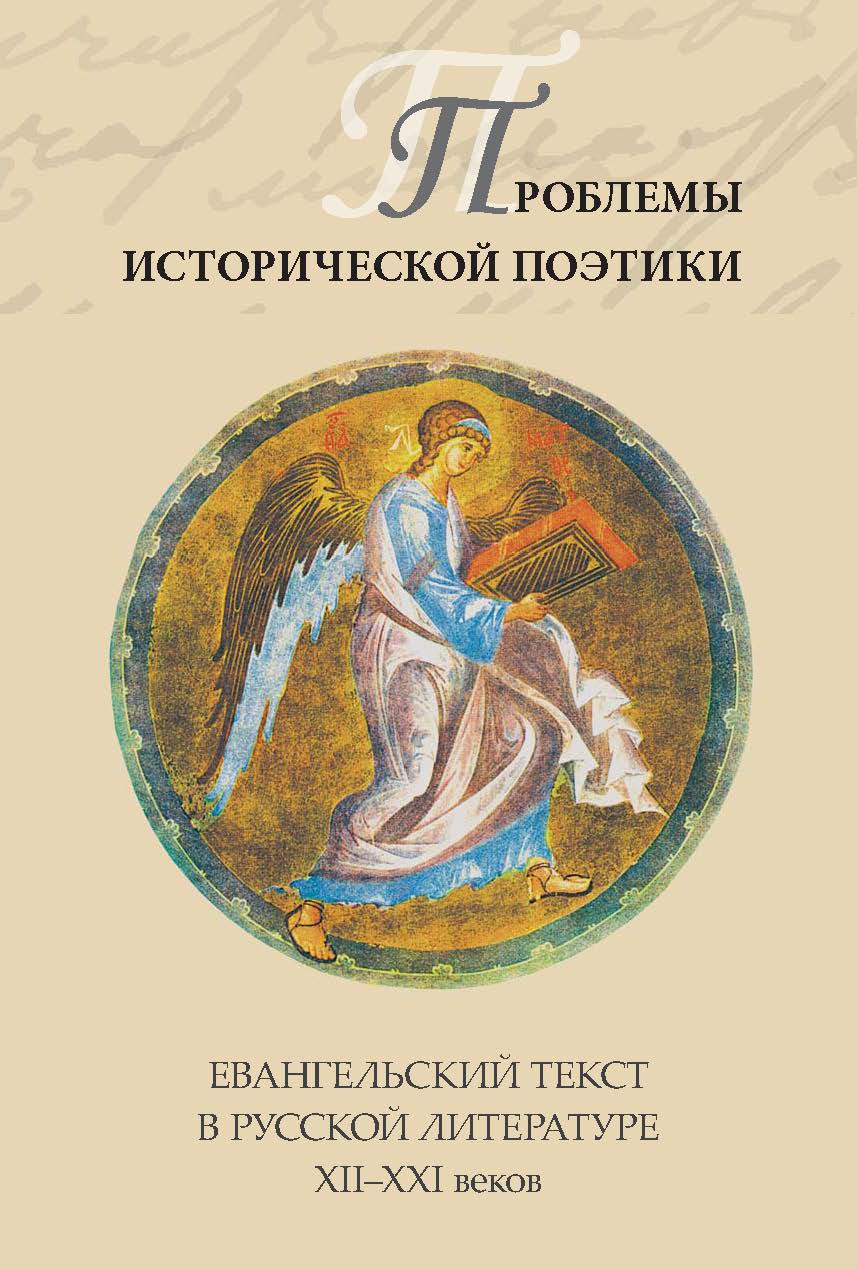ГОГОЛЕВСКИЙ ХРИСТИАНСКИЙ ИМЕНОСЛОВ: О ФОРМЕ И СЕМАНТИКЕ ЛИЧНЫХ ИМЕН В РАННЕЙ ПРОЗЕ ПИСАТЕЛЯ
GOGOLIAN IMENOSLOV: АВOUT THE FORM AND SEMANTICS OF THE PERSONAL NAMES IN THE EARLY PROSE
Author(s): Vladimir DenisovSubject(s): Language and Literature Studies, Literary Texts, Studies of Literature, Philology
Published by: Петрозаводский государственный университет
Keywords: Gogol's imenoslov; early works; form and semantics of personal names (anthroponyms); dialogism; Evenings on a Farm near Dikanka
Summary/Abstract: Modern readers often do not know or do not understand literal and connotative meanings of personal names (anthroponyms) in Russian classical literature, which reflect the culture of that time and play an important role in the books' stylistic harmony: these names provided certain framework for the writers and readers who knew at least some elementary Latin and Greek, as well as some basic ancient Slavic mythology. Thus, one of the ways to provide correct philological commentary on a text can be to define the semantics of personal names and its correlation with the characteristics of the heroes, with the ideological and artistic aspects of the text. And analyzing the structure of the artistic image, you need to consider the importance of the various forms of personal names, as well as their possible external and internal dialogism. We characterize onims in the early works of Gogol devoted to Little Russia: A Chapter of the Historical novel, Two chapters of Little Russia's Story, the first book Evenings on a Farm near Dikanka (1831). It is based on the interpretation of common Slavic names in their Ukrainian and Russian versions generally accepted at the time, as well as the list of Names Given at Baptism from Gogol's The Book of Bits and Pieces (1827-1831). Given analysis leads to the conclusion that choosing a certain Christian name for his hero, Gogol took into account the phonetic and semantic structure of the onims and its direct and connotative meanings, their contradictions, semantic links, and less often - their popularity, belonging to a particular caste, and paronymic harmonies.
Journal: Проблемы исторической поэтики
- Issue Year: 12/2014
- Issue No: 1
- Page Range: 220-232
- Page Count: 12
- Language: English, Russian

